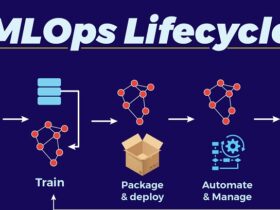To understand how secured lending functions, consider typical lending. In exchange for the money, you require to buy a car, the lender utilizes security in this situation of your new car as a form of safety. If you fail to make your lending settlements, the lending institution can repossess your automobile, sell it, as well as use the proceeds to help settle your financial obligation.
Home loans and residence equity loans utilize your home as collateral. Secured bank cards, as well as personal finances, need a cash down payment. Title loans allow you to use collateral, typically the equity in your car, to obtain money. What every one of these financings has in common is the lender’s capability to take possession of the important residential property you’ve promised if you don’t pay your funding as agreed.
The upside for you, the customer, is accessibility to debt. Without collateral, you may not have the ability to borrow hundreds of countless dollars to acquire a home. As secured loans are thought-about less risk, rates of interest are usually lower compared to they are going to be with no collateral. In the case of secured credit cards, as well as loans, making a cash down payment in advance might enable you the opportunity to construct a credit history when an unsecured credit score is not an alternative.
What Is Unsecured Finance?
Unsecured personal loans do not include any security. Usual examples include personal loans, credit cards, as well as student financings. Here, the only guarantee a lending institution has that you will pay back the financial debt is your creditworthiness, as well as your word. For that reason, unsecured lending is thought about as a greater risk for lending institutions.
You’ll usually need a strong credit rating, as well as a higher rating to get approved for unsecured lending. Unsecured loans typically include a higher rate of interest as well: Think of the difference between the ordinary loan rate and what you could pay annually on a bank card. But with unsafe lending, you aren’t running the risk of any kind of security, which might counterbalance a few of the extra risk you carry when you tackle high-interest debt that will be more difficult to settle.










